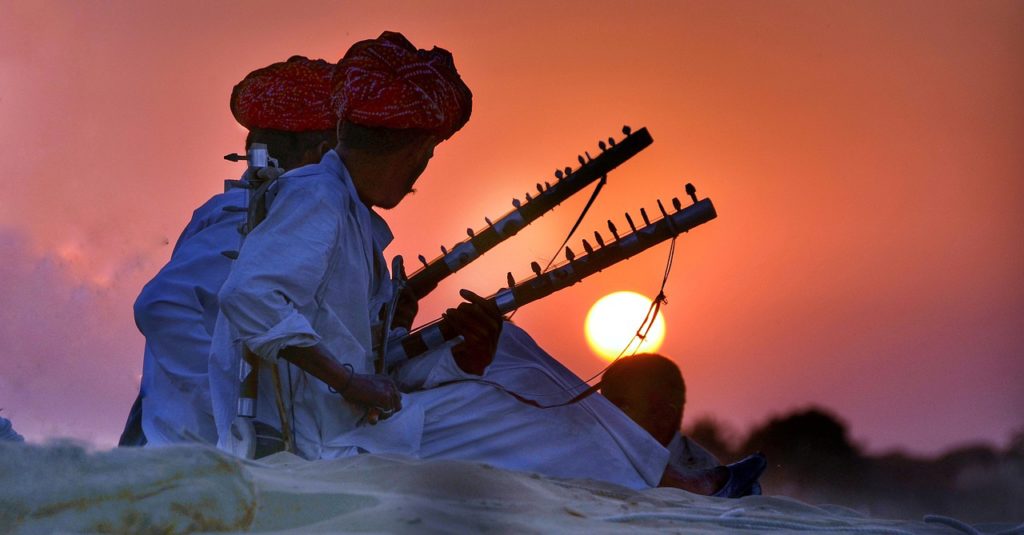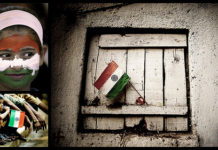There’s no doubt that India is one of the best destinations in the world for travel enthusiasts. This ancient country is filled with fascinating palaces, jungles, and other amazing sites; the people are incredibly cultured, intelligent, and charming; and the cuisine is absolutely astounding!
India is also a naturally accommodating location for many international travelers because a large percentage of the population can speak at least basic English, as English is the second official language of the country. It makes it immensely easier for new visitors, as well as returning travelers headed for a new destination within this expansive country, to converse, barter, and navigate.

For all of that, India has a very unique culture, with very different norms and traditions than any other place on Earth. This is a land steeped in a deep spirituality, and a deep respect for nature, other people, and the traditions that have allowed the people of India to survive to thrive and grow as a culture and people.
I would absolutely encourage you to put India at the top of your travel itinerary, but I also caution you to do your research beforehand. Tourists and international travelers often enjoy a reputation of being snarky, impolite, and downright disrespectful when they visit other countries. I don’t know if they’re just inherently bad people, or if their behavior stems from ignorance about what’s acceptable, and what isn’t, in different places. Regardless, it’s never alright to come into another person’s home country, be disrespectful towards others, and try to impose your own beliefs without invitation.
So, take the tips and advice I’ll outline below, study the other resources available, and share your own insights with others you know wanting to visit India, through your social media channels, in travel forums, and your own blog, once you’ve registered your own domain.
Family Values
Family ties are a critical aspect of life and culture in India. It’s not unusual at all to find two or more generations of families living under the same roof. Since ancient times, Indian people have relied on their families for support, shelter, income, and counsel. Many Indian businesses are family-owned, and it’s a common practice to hire family members for the majority of positions in smaller businesses throughout India.

None of this is specifically unique to India – many cultures around the world are structured around the idea of the family is at the center of a person’s existence. What does often rub many people the wrong way, especially visitors from westernized countries like the UK and the United States, are two aspects of the Indian family structure: a patriarchal dominance, and arranged marriages.
In India, the head of the household is always a man, usually the oldest male in the family, and what he dictates is what the family does – there’s no debate involved. While this obviously extends to the wife, sons, and daughters of the head of household, it also applies to any women who have married into the family.
On that note – arranged marriages are still very commonplace in India, and accepted as a cultural staple. Marriage is both a deeply spiritual and formal arrangement for the Indian people; it’s treated with the highest degree of seriousness and respect between both men and women, and except in cases of extreme abuse, divorce is almost unheard of.
In Western societies, the ideas of equal rights for women, and a move away from the ‘institution of marriage,’ have grown in prominence over the last few decades. For this reason, many Western visitors can find the family situations in India absolutely shocking, and sometimes, will give voice to their opinions.
Regardless of your feelings on the issue, never, ever insult an Indian family’s structure. Again – family is at the forefront of Indian culture, and an insult to a single man or woman is an insult towards an entire family. Instead, understand that this is what has allowed India to shape most of its culture, and retain its unique identity, and show the respect that is due to these remarkable people.
Dining Habits
In India, eating with the hands is both normal, and encouraged. All of the amazing Indian dishes are prepared to be eaten easily by hand, and most meals are prepared in a buffet style arrangement, to allow for easier loading on the plate. Sharing foods is also considered normal and polite in India, so if someone offers you food from their plate, graciously accept it, and offer some portions from your own plate. Also – always eat with the right hand, even if you’re left-handed or ambidextrous. The left hand is traditionally considered unclean in Indian culture and reserved for ablutions such as wiping after using the restroom.

Timing is often an aspect of meals that people are unaware of, and overlook, in Indian culture. Indians consider it in poor taste to arrive on time for a meal and prefer to arrive anywhere from 15 to 30 minutes after the scheduled time. The reason behind this is to allow the host to clear up any last minute crisis, and finalize their preparations for the meal to come. So, if you have invited a group of Indian people to eat with you, and they’re all consistently late – don’t be offended. They’re doing their best to show you respect, and you should return the favor.
Finally – always compliment your host for the fine meal they’ve prepared, and for being gracious enough to invite you to dine with them.
Religious Practices
India enjoys one of the most diverse makeups of the religion of any country in Asia. Buddhism, Catholicism, Islam, and Mormonism are all commonplace, though Hinduism is by far the more widespread religion in the country. There are any number of Hindu temples throughout India that you can travel to, and visitors are often most welcome to tour the temple, and even partake in certain ceremonies. However, whether you participate or not, you should always show due courtesy when you travel to these places of worship.

For a start, always take your shoes off before you enter a temple and even a person’s private residence. Footwear is considered filthy, as shoes become coated in mud, dirt, and all another manner of filth. It’s not only polite but hygienic, to remove your shoes before you enter a religious or private structure in India.














